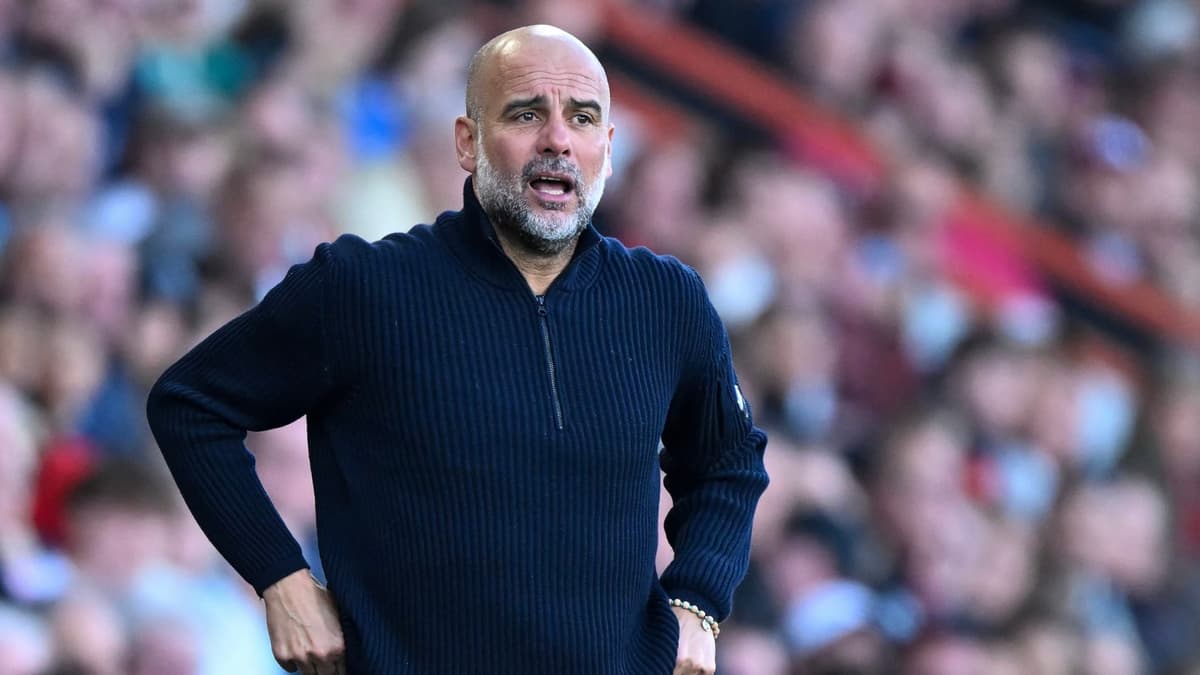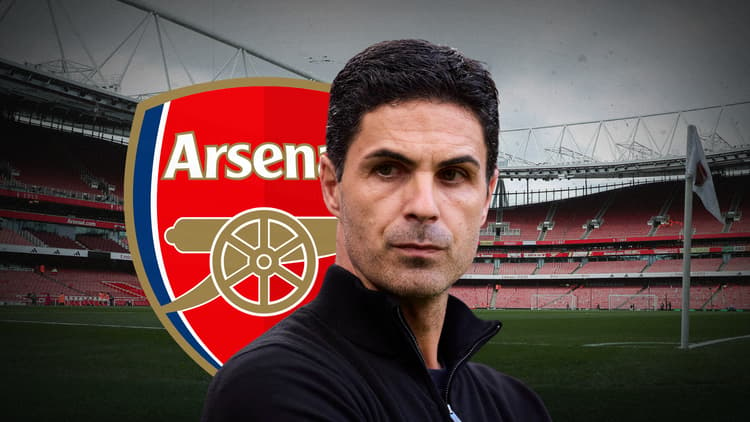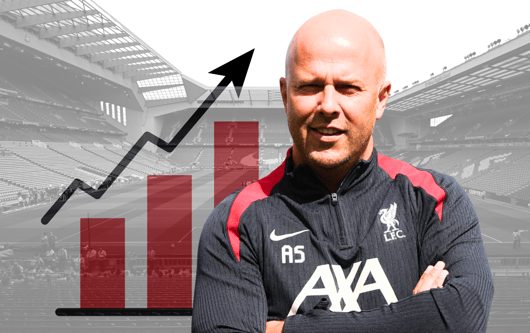-
News
- 3 hours ago
Jonathan Wilson: Pepism is over - The new season has seen the pre-dominant possession-based tactical trends replaced

Before Tottenham Hotspur's Champions League game away to Bodo/Glimt at the end of September, the Norwegian side's goalkeeper Nikita Haikin reflected that it was "unusual to see a team like Tottenham" focusing so much on "long throw-ins and slow throw-ins. Free-kicks from all over the pitch".
It didn't appear intended as a criticism; rather he was pointing out a fact, seemingly with a degree of admiration.
A couple of weeks earlier, after Brentford had equalised against Chelsea with a goal from a long throw, the Bees' manager Keith Andrews observed that long throws had become "fashionable" now that big teams were practising them - he, of course, having been set-piece coach at the club, already had experience of trying to exploit them.
Change, when it happens, is often rapid. Almost from the moment Pep Guardiola became Barcelona manager in 2008, the orthodoxy has been towards possession. Press high to regain the ball, then keep it; as Johan Cruyff always said, the opposition can't score if they don't have the ball.
Work positions, try to isolate opposing defenders or, even better, create overloads. In its earliest days, football was a game of position, which is why goalkeepers would kick long - "get it down there!" - but in the past couple of decades it's become a game of possession, technique trusted sufficiently that, for elite sides, the default was to take goal-kicks short. Better to have the ball in your own box than let the opponent have it in theirs. Provoke the press, draw the opposition out, look to hit the space behind them.
With data shaping attacking patterns and discouraging crossing and long shots, a paradox was created, as Jorge Valdano pointed out, whereby teams seemed more prepared to take risks in their own box than the opposition's.

But football is a ruthlessly rational game. Paradoxes like that don't last long. In the past few months, teams have begun kicking for touch from kick-off. Set-plays are back. Where the top sides once took corners short, rushing to get the ball back in play to begin the carousel of passing again, now they take their time, going through their set routines, trying to maximise the advantage they can gain. Over the first month of the season, 25% of all non-penalty Premier League goals came from set-plays, a 21% rise on the figure for last season, and the highest proportion in the last decade.
More broadly, there has been a pragmatic revolution. Even Guardiola ended up in the second half at Arsenal sitting his side deep, defending their own box. City in that game had just 34% possession, only the second time any Guardiola side has ever had less than 40% possession in a league game. Teams are going longer and not pressing so high. Total passes per game is at a
15-year low. Long balls are up 7% on last season. High turnovers are down on last season and a massive 31% down on two seasons ago.
It's perhaps not that surprising that there would be a reaction against possession football. That's how evolution happens: a dominant mode emerges and then it is challenged. That mode adapts and either maintains its pre-eminence in slightly revised form, or it sinks.
After years of Guardiola football changing - at one point, Pepism and the Stuttgarter School of ultra-hard pressing of which Jurgen Klopp was the prime exponent effectively morphed into each other - it has abruptly reached a point at which it feels as though evolution is not enough.
There is, though, no agreement as to what comes next, and the result is a complex and contradictory landscape in which coaches experiment. If there is a unity in their approach, it is only in the recognition that things have to change; that Pepism is over and what remains is confusion. "I think there is no more Stuttgart Schule or whatever!" the England manager Thomas Tuchel said in August. He had been one of the prime followers of that German high-press model.
"I think there is so much going on on a football field that it is scary," he went on. "There is man-marking, there is [going] from zonal into man-marking, there is deep blocks, there is back three, there is back four, long throws are back, the long ball from the goalkeeper is back. Everything is back, and everything changes between matches and it changes even within matches. Change of position is back. Overlapping, underlapping is back. It's demanding. It's very, very demanding."
It's a confusing environment but it is, at least for Tuchel, a thrilling one.
The world thrums with possibility. It's often said that football is cyclical, but that's not quite true, because everything happens with knowledge of what went before. So while a more direct style does appear to be returning, with a renewed emphasis on set-plays, it does so with the refracted memory of Pepism. And if that sounds inherently contradictory, that is one of the great fascinations of football.


















